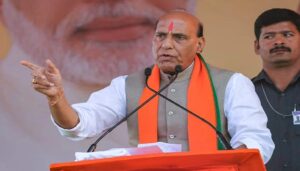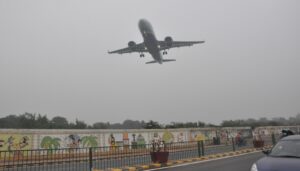Police Schools to Open in Bihta and Chhapra in Landmark Move
Bihar is set to open two police-run schools in Bihta and Chhapra for the first time in over two decades. Aimed at providing quality education to children of police personnel, the schools will also admit students from the general public, with a quota for economically weaker sections. Admissions begin on 15 October.

Patna : In a significant move set to reshape educational access for police families in Bihar, the state police headquarters has announced the opening of two new police schools—one in Bihta and another in Chhapra. Applications for admission will open on October 15.
This marks the first such initiative in over 25 years, since the bifurcation of Bihar and Jharkhand, when Sri Krishna Raksha Bal Vidyalaya in Hazaribagh—now in Jharkhand—was the sole institution run by Bihar Police. The new schools will cater to the children of serving, retired, martyred and deceased police personnel, with a strong focus on discipline, safety and quality education.
The announcement was made through a circular issued by the Additional Director General of Police (Budget, Appeal, Welfare), who has invited suggestions on the proposal from senior officers including DGs, ADGs, IGs and DIGs across the state. The schools are being positioned as part of a broader effort to enhance the public image of the police and contribute positively to community development.
CBSE and Bihar Board recognition
The Bihar Police Schools will be affiliated with both the Central Board of Secondary Education (CBSE) and the Bihar School Examination Board (BSEB). In the initial phase, the institutions will offer classes from Year 1 to Year 8, with plans to expand up to Year 10 and 12.
Qualified educators will be appointed across a range of subjects including science, mathematics, computer science, music, and physical education.
Of the total seats available, 50% will be reserved for children of police personnel. The remaining 50% will be open to students from outside the police community. Within that group, 25% of the seats will be reserved for children from economically weaker sections and non-profit categories, who will be offered free primary education.
The proposal is being hailed as a progressive step not only for the welfare of police families but also for strengthening the link between law enforcement and the community through education.





